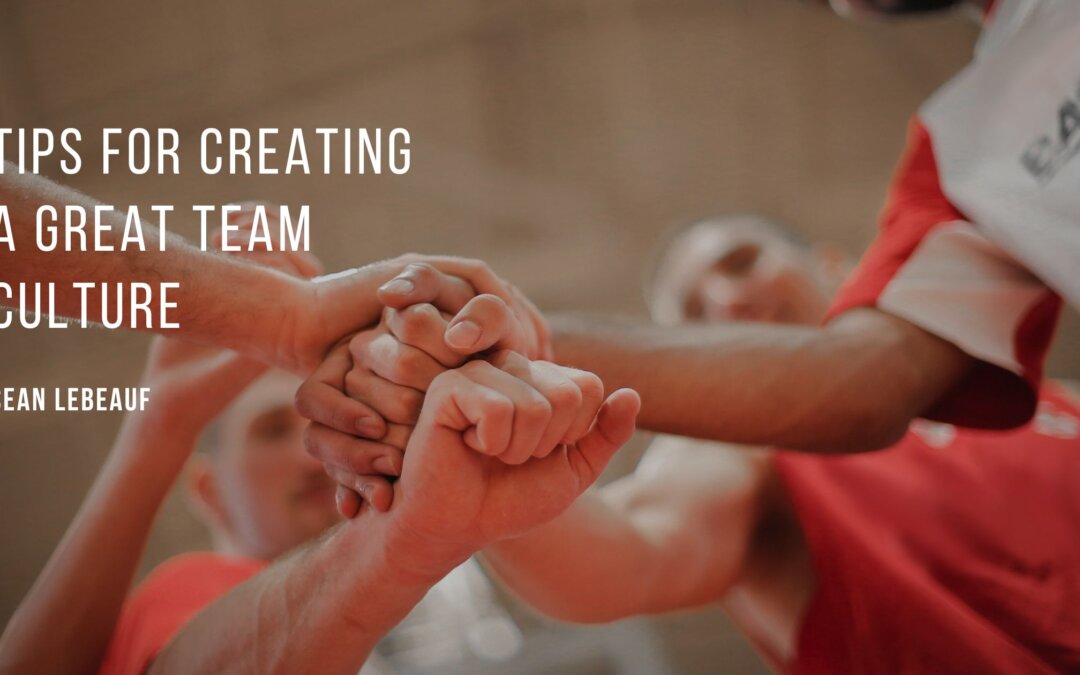Creating a winning culture in basketball transcends beyond perfecting plays and physical training. It’s about fostering an environment where players unite under shared values, goals, and attitudes. This harmony is critical in shaping individual athletes and the team. A strong team culture is the bedrock of any successful basketball program, from high school teams to professional leagues. It involves nurturing mutual respect, dedication, and a collective pursuit of excellence.
Like many team sports, the essence of basketball lies not only in the skill of individual players but in how these players come together as a cohesive unit. The culture of a basketball team can significantly influence its performance, resilience, and overall success.
This culture is defined by the attitudes, standards, and behaviors that players and coaches endorse and practice. It shapes how team members interact, respond to challenges, and celebrate successes. A positive team culture in basketball is characterized by trust, communication, accountability, and a relentless drive for improvement.
Historically, teams with solid cultures have shown remarkable resilience and success. These teams often outperform those with superior individual talents but weaker unity and shared vision. The need for a supportive and collaborative environment becomes especially evident in high-pressure situations typical in competitive sports.
Building a solid team culture requires deliberate effort from everyone involved – coaches, players, and support staff. It’s about more than just winning games; it’s about creating validating and motivating goals.
Establishing Shared Goals and Values
The foundation of a great team culture in basketball is the establishment of shared goals and values. This process begins with clear communication from the coaching staff about the team’s objectives, both on and off the court. These goals should be ambitious yet achievable, inspiring players to strive for excellence.
Values are equally crucial. They define what the team stands for and guide player behavior. Values like teamwork, respect, dedication, and resilience should be emphasized consistently. Coaches can reinforce these values through behavior, making them integral to training sessions, team meetings, and game strategies.
Involving players in setting these goals and values fosters a sense of ownership and responsibility. When players feel that their input is valued, they are more likely to buy into the team culture and work towards common objectives. This can be achieved through team meetings where players are encouraged to express their aspirations and concerns.
Celebrating achievements that align with these values also reinforces their importance. Whether it’s a player showing exceptional teamwork or overcoming personal challenges, acknowledging these moments helps solidify the team’s shared values.
Fostering Open Communication
Coaches play a pivotal role in establishing this atmosphere by being approachable and actively listening to players. Trust requires consistency over time. Coaches and senior players should lead by example, showing reliability and honesty in all interactions. This trust extends to the court, where players must believe in each other’s abilities and intentions.
Team-building activities can also enhance communication and trust. These activities, both on and off the court, help players understand each other’s strengths, weaknesses, and personalities, leading to better teamwork and on-court chemistry.
Conflict resolution is another crucial aspect of communication. Disagreements are inevitable in any team, but how they are handled can strengthen or weaken team culture. Encouraging open and respectful dialogue during conflicts helps maintain harmony and demonstrates that every player’s perspective is valued.
Promoting Individual Development Within the Team Context
While fostering a collective spirit is essential, recognizing and developing individual talents within the team context is equally important. Each player brings distinct skills to the team, and maximizing these unique strengths can elevate the entire group.
Coaches should focus on personalized coaching, tailoring their approach to suit each player’s development needs. This might involve individual training sessions focused on specific skills or providing tailored feedback addressing personal improvement areas.
However, individual development should always be aligned with the team’s objectives. Players should understand how their personal growth benefits the team. This alignment ensures that personal achievements contribute to the team’s collective success.
Celebrating individual milestones and contributions reinforces the value of each player within the team structure. Whether reaching a personal best or making a significant play in a crucial game, acknowledging these moments enhances team morale. It encourages other players to pursue their personal goals within the team framework.

